Collaboration And Teamwork: How Independent Schools Can Use Outdoor Spaces To Foster Social Skills
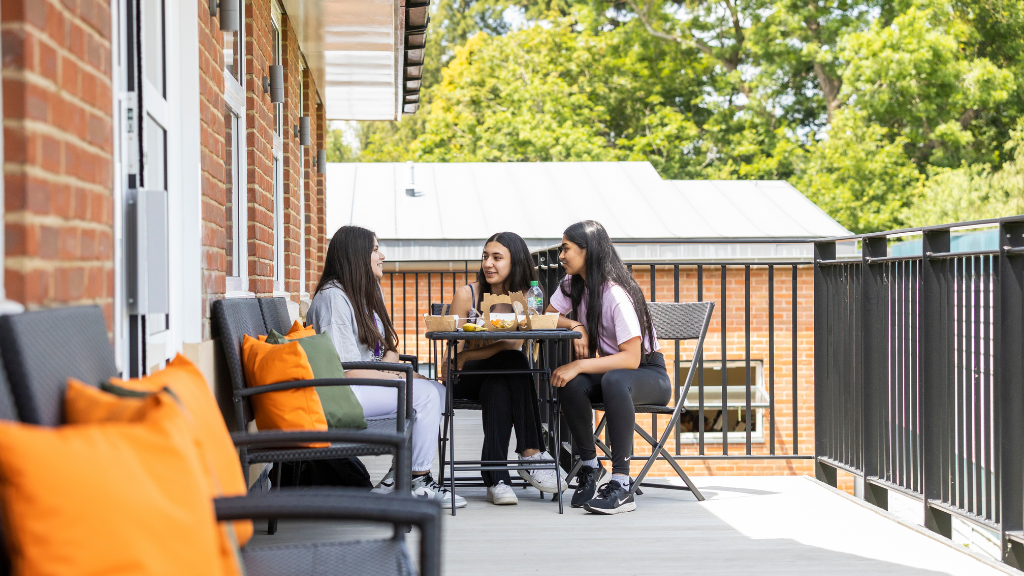
Do you maximise your outdoor spaces to foster your students’ social skills? How do you know which activities will best benefit both neurotypical and neuro-diverse students? We look at Chris Packham CBE, famous nature presenter, photographer and author who was diagnosed with Asperger’s syndrome and the strengths it has provided him with, despite living in a world that often does not cater for people who are neurodivergent. We show how your school can provide the best attainment and happiness levels for all students with a range of suitable activities for everyone to enjoy.

Chris Packham – Self Regulation and Belonging
The famous nature presenter Chris Packham has talked openly about how the natural world has been a great solace to him in times of social isolation and low mental health. Acknowledging that many experiences for him – as a person with Asperger’s – have been very challenging, he cited symptoms such as obsessions, heightened awareness of sensory issues, finding deviations from usual routines difficult and a lack of confidence in social situations.
He can find certain environments (harsh lights, loud noises and more) intrusive and chaotic which means he finds it very difficult to concentrate. However, his condition also gave him the ability to remember minute details about subjects he cares about and to have an innate understanding of the natural world. From his thoughts to his clothes, he needs order to be able to function calmly and happily. Luckily, he grew up in the countryside near fields and a river; for him, simply being outside in any weather on walks has been beneficial to his emotional wellbeing.
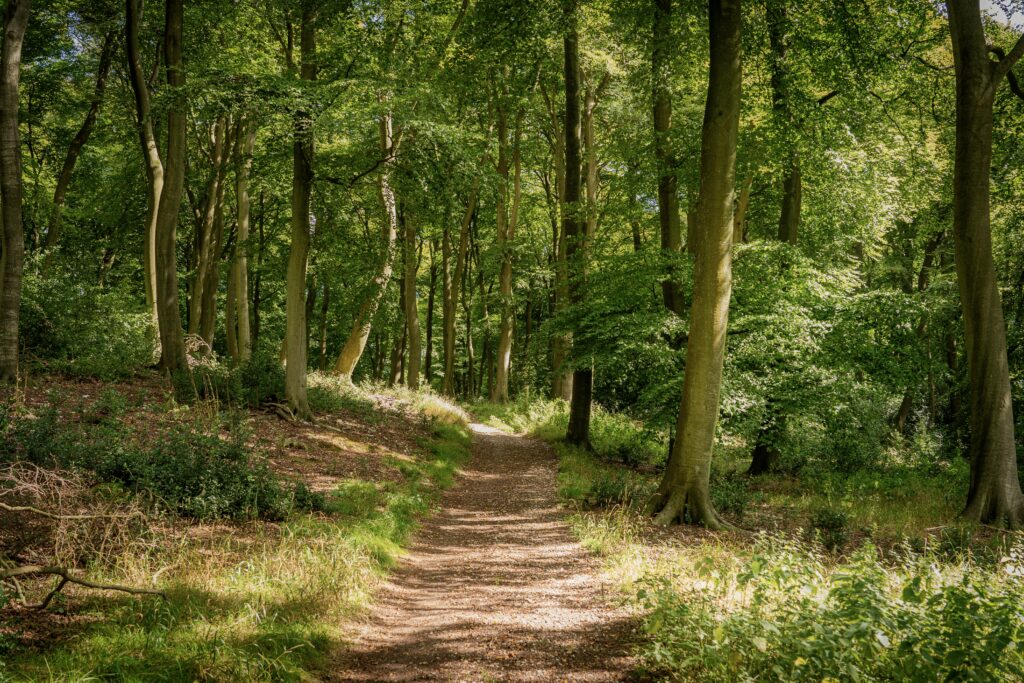
Outdoor Activities for Your School
97% of teachers say that time to play outdoors is critical for children to reach their full potential.
Walking is free and a great way to get outside but students can get bored without a focus. You could consider designing outdoor spaces for your students to learn and engage in outdoor activities, for example woodland playgrounds and outdoor classrooms. If your prep school has a school garden or gardening club, students can tend to the plants, check rain levels, measure growth, and they can do this either in groups or individually to compare results. These tasks develop communication, problem solving and collaboration skills while working towards a common goal and building positive relationships with peers. The idea the outdoor spaces fostering social skills is in line with research by Stenger (2001). The study found that there was a significant change in personality after participants underwent an outdoor education program.
Outdoor learning can reflect your particular school’s environment, inspiring your students with education on local wildlife, trees and plants. In addition to developing social skills, the use of outdoor spaces can also help students develop self-regulation and a sense of belonging. Being in nature has been shown to improve wellbeing, and spending time outdoors can help students feel connected to both their environment and their community.
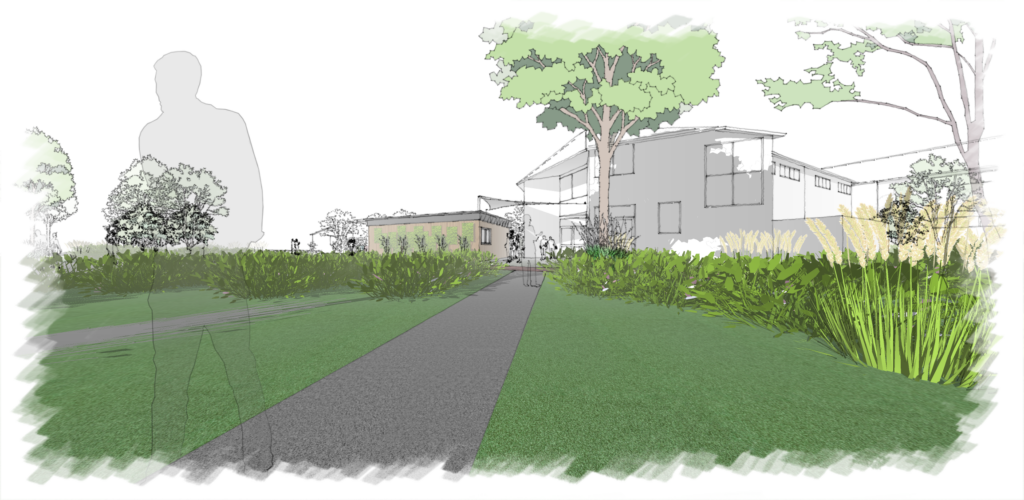
Chris Packham – Overcoming Challenges with Nature
As Chris Packham wrote in his book ‘Fingers in the Sparkle Jar: A Memoir’:
“It was a pity I couldn’t do an O level in beetle smell. Or rat identification, or birdsong.”
However, he subsequently went on to study a BSc Zoology at University of Southampton and in July 2018 he received an honorary doctorate from Royal Holloway, University of London, for his outstanding services to wildlife conservation.
Let nature inspire your students. Our educational team at Noble and Eaton have experience of improving learning outcomes for pupils of all ages.
Call our educational design consultants at Noble and Eaton to find out more.
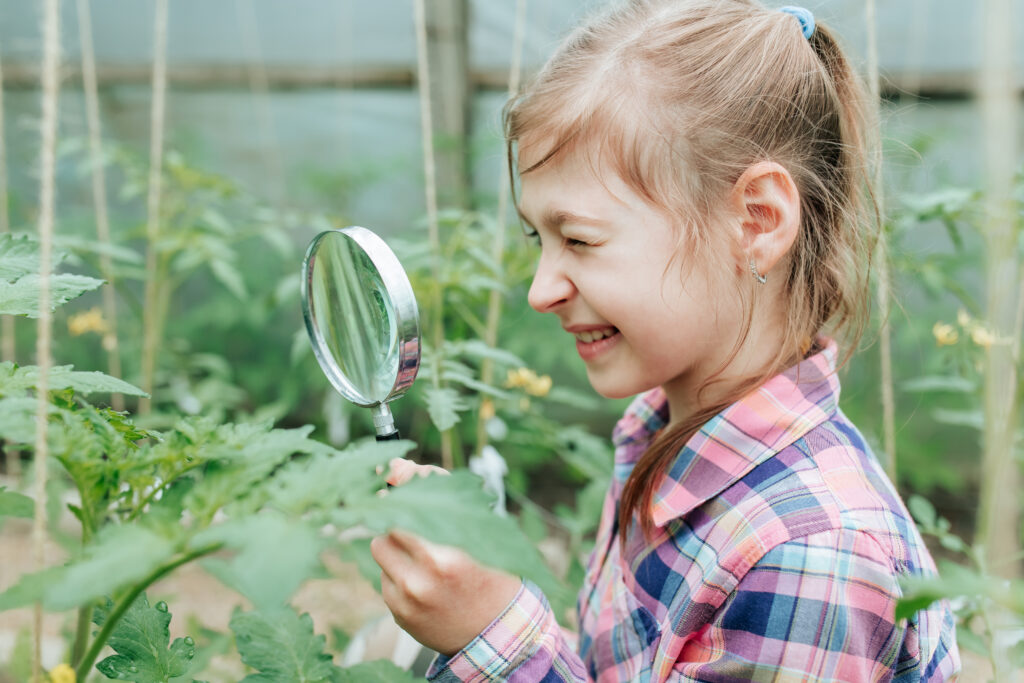


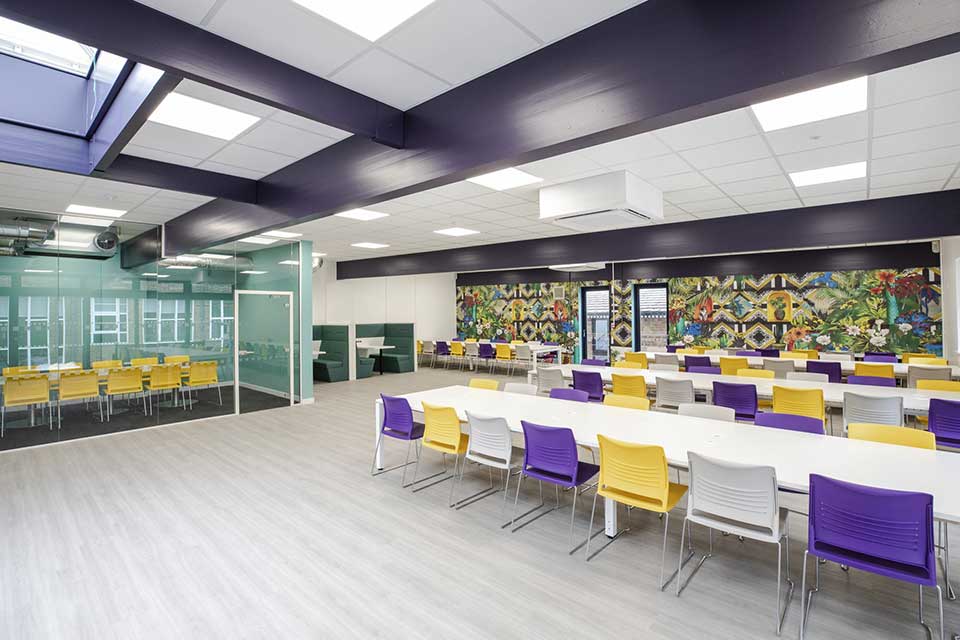

Leave a Reply